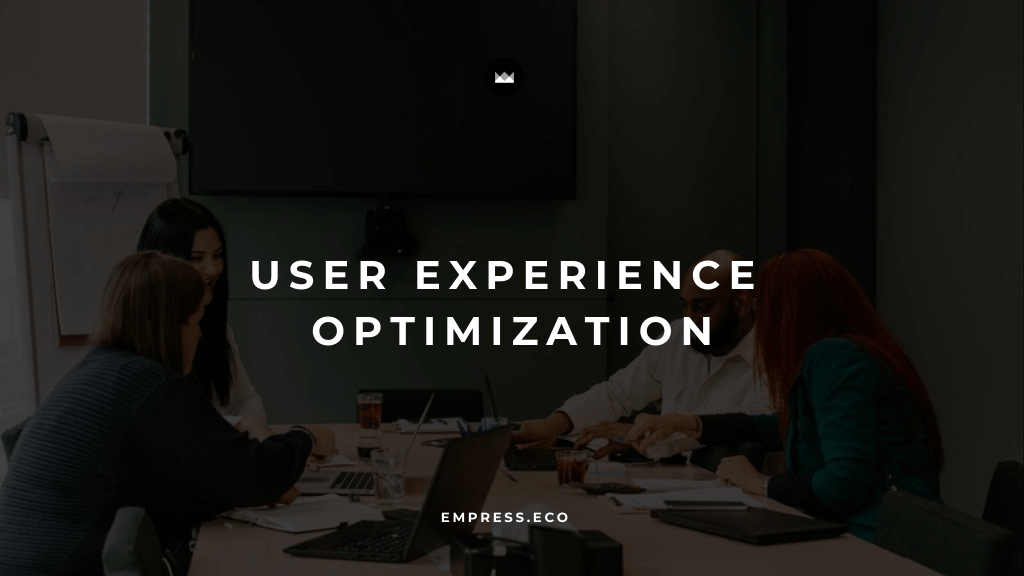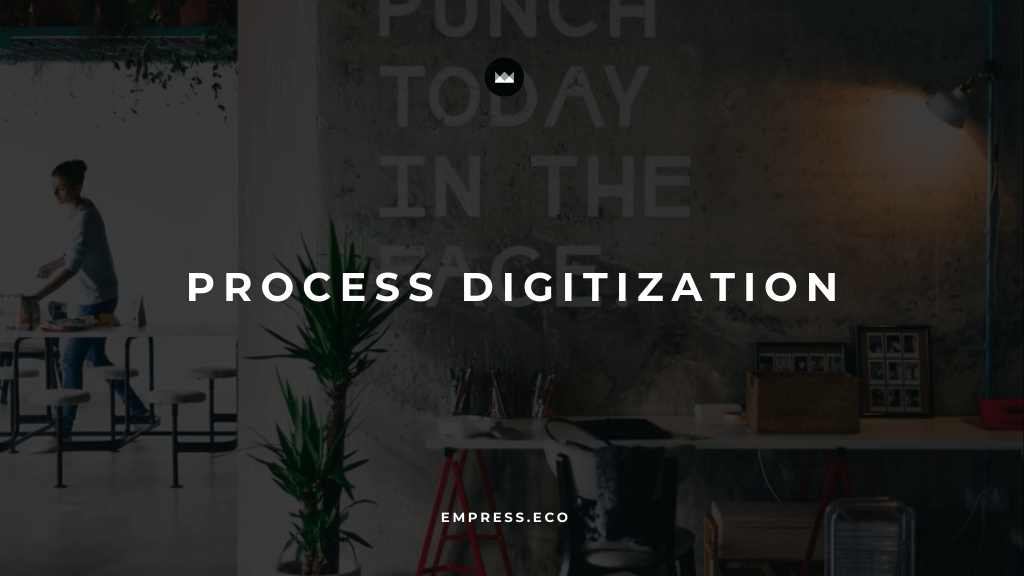Artificial Intelligence (AI) is more than just a futuristic concept—it’s a real, transformative force reshaping how businesses operate. Imagine being able to make decisions faster, more accurately, and with less risk. That's what AI brings to the table. At Aria, we're all about helping businesses tap into the power of AI to drive smarter, data-driven decisions that propel growth and efficiency. In this blog, we’ll dive into how AI can revolutionize decision-making and streamline operations across various industries.
Understanding AI-Driven Decision-Making
First, let’s break down what we mean by AI-driven decision-making. Essentially, it’s using advanced algorithms and data analytics to make informed choices or automate actions based on massive amounts of data. Think of AI as your supercharged decision-making assistant—able to process vast quantities of information quickly and accurately, providing insights that might take a human days or even weeks to uncover.
For example, machine learning (ML), a subset of AI, can analyze historical data to predict future trends, helping businesses make proactive decisions. Natural language processing (NLP) can interpret and analyze human language, enabling more intuitive interactions between machines and people. And predictive analytics uses statistical algorithms to predict outcomes, guiding strategic decisions in areas like marketing, inventory management, and risk assessment.
Key Benefits of AI-Driven Decision-Making
AI isn't just a shiny new tool—it's packed with benefits that can significantly enhance how your business operates. Let’s explore some of the most impactful ones:
- Enhanced Accuracy and Consistency
One of the most compelling advantages of AI is its ability to deliver precise and unbiased insights. Unlike humans, AI models don’t get tired, don’t make decisions based on emotions, and don’t have bad days. They analyze data consistently, ensuring that the decisions made are based on solid evidence rather than gut feeling.
For instance, in financial services, AI algorithms can analyze market trends and predict stock movements with a level of accuracy that’s difficult for humans to achieve. This consistency is crucial, especially in industries where even a small error can have significant consequences.
- Faster Decision-Making
Speed is another area where AI shines. Because AI can process large datasets in a fraction of the time it would take a human, businesses can make decisions much more quickly. This is particularly valuable in time-sensitive situations, like responding to market changes or managing supply chain disruptions.
Consider the case of a retailer using AI to manage inventory. By analyzing real-time sales data, weather forecasts, and even social media trends, AI can predict which products are likely to be in high demand and adjust stock levels accordingly. This not only reduces the risk of stockouts but also ensures that the business can respond quickly to changing customer preferences.
- Improved Efficiency
By automating routine tasks, AI frees up human resources to focus on more strategic activities. This isn’t about replacing people with machines—it’s about allowing your team to do what they do best while AI handles the repetitive, time-consuming work.
For example, in customer service, AI-powered chatbots can handle basic inquiries, freeing up human agents to tackle more complex issues. This not only improves efficiency but also enhances the customer experience by providing quicker responses to common questions.
- Better Risk Management
Risk is an inherent part of any business, but AI can help manage it more effectively. By evaluating and analyzing a wide range of variables, AI can identify potential risks that might not be obvious to human decision-makers.
In the insurance industry, for instance, AI can assess risk factors more comprehensively by analyzing data from a variety of sources—such as weather patterns, crime rates, and even social media activity. This enables insurers to develop more accurate risk models and offer more tailored products to their customers.
Implementing AI Solutions for Decision-Making
So, how do you actually implement AI to start making smarter decisions? Here are some strategies to get you started:
- Set Clear Objectives
Before diving into AI, it’s crucial to define what you want to achieve. Are you looking to improve customer service? Optimize your supply chain? Enhance your marketing efforts? Having clear, measurable goals will help you choose the right AI tools and ensure that your efforts are focused and impactful.
For example, if your goal is to improve customer service, you might focus on implementing AI-powered chatbots or sentiment analysis tools that help understand customer feedback better. If your goal is to optimize your supply chain, predictive analytics might be the way to go.
- Choose the Right AI Technologies
Not all AI tools are created equal, and what works for one business might not work for another. It’s important to choose technologies that align with your specific business needs. This could mean anything from machine learning models that predict customer behavior to natural language processing tools that automate responses to customer inquiries.
If you’re in e-commerce, AI can help personalize the shopping experience by recommending products based on previous purchases and browsing history. In manufacturing, AI-driven robots can optimize production lines, reducing downtime and increasing output.
- Integrate AI with Existing Systems
AI should enhance your existing systems, not replace them. To get the most out of AI, it’s important to ensure that these new tools can integrate seamlessly with your current processes. This might involve working with IT to ensure compatibility or customizing AI solutions to fit your unique workflows.
For instance, if you’re already using a CRM system, integrating AI can help analyze customer data more effectively, providing insights into customer preferences and behaviors that can inform your sales and marketing strategies.
- Foster a Data-Driven Culture
AI is only as good as the data it’s based on. To harness the full power of AI, it’s important to foster a culture that values data-driven decision-making. This means not only investing in the right technology but also in training and resources to ensure that your team knows how to leverage AI insights effectively.
Encourage your team to embrace data in their decision-making processes. This could mean incorporating data analytics into daily workflows or providing regular training sessions on how to interpret AI-generated insights.
- Monitor and Refine AI Models
AI isn’t a set-it-and-forget-it solution. It’s important to continuously monitor the performance of your AI models and make adjustments as needed to ensure they remain accurate and relevant. This might involve updating your models with new data, tweaking algorithms, or even rethinking your approach if the results aren’t meeting your expectations.
For example, if your AI model is used to predict customer churn, you might find that it becomes less accurate over time as customer behavior changes. Regularly updating the model with fresh data can help maintain its accuracy and effectiveness.
Challenges and Considerations
While AI-driven decision-making offers numerous benefits, it’s not without its challenges. Here are a few things to keep in mind:
- Data Privacy and Security
With great power comes great responsibility. AI relies on vast amounts of data, and with that comes the need for robust data privacy and security measures. Ensuring that your AI systems comply with data privacy regulations and implementing strong security protocols is crucial to protect sensitive information.
For instance, if you’re using AI to analyze customer data, you need to ensure that this data is stored securely and that your AI systems are compliant with regulations like GDPR. Failure to do so can result in hefty fines and damage to your reputation.
- Change Management
Implementing AI requires more than just technology—it requires a shift in mindset. Change can be difficult, and it’s important to have a plan in place to manage it effectively. This might involve training your team on how to use new AI tools, communicating the benefits of AI clearly, and providing support during the transition.
To help ease the transition, start with small, manageable projects that demonstrate the value of AI. Once your team sees the benefits, they’ll be more likely to embrace the changes and be more open to larger-scale implementations.
- Continuous Improvement
AI is constantly evolving, and so are the needs of your business. To stay ahead, it’s important to continuously assess and refine your AI strategies. This might involve keeping up with the latest AI trends, experimenting with new tools, or even revisiting your goals to ensure they’re still aligned with your business objectives.
For example, as new AI technologies emerge, you might find that your current tools are no longer the best fit for your needs. Regularly reviewing your AI strategy and being open to new solutions will help you stay competitive and ensure that your AI efforts continue to deliver value.
Real-World Applications of AI in Decision-Making
Let’s take a look at some real-world examples of how businesses are using AI to make smarter decisions:
- Retail: Retailers like Amazon use AI to personalize the shopping experience for customers. By analyzing browsing behavior, purchase history, and even social media activity, AI can recommend products that are more likely to resonate with each individual customer, driving higher sales and customer satisfaction.
- Healthcare: In healthcare, AI is being used to improve diagnostic accuracy and treatment plans. For example, AI algorithms can analyze medical images, such as X-rays or MRIs, to detect abnormalities that might be missed by human doctors. This can lead to earlier diagnoses and more effective treatments.
- Finance: Financial institutions are using AI to detect fraudulent activities. By analyzing transaction data in real-time, AI can identify patterns that indicate potential fraud and alert authorities before significant damage is done. This not only protects the institution but also enhances trust with customers.
- Manufacturing: In manufacturing, AI is optimizing production lines and reducing downtime. Predictive maintenance algorithms can analyze data from machinery to predict when a machine is likely to fail, allowing for maintenance to be performed before a breakdown occurs. This increases efficiency and reduces costs associated with unplanned downtime.
- Marketing: AI is transforming the marketing industry by enabling more targeted and effective campaigns. By analyzing consumer data, AI can help marketers understand customer preferences and behaviors, allowing for more personalized and relevant messaging that drives higher engagement and conversion rates.
Conclusion
Harnessing artificial intelligence for smarter decision-making is no longer a luxury—it’s a necessity for businesses that want to stay competitive and grow. By automating complex processes, enhancing accuracy and speed, and managing risks more effectively, AI can transform how your business operates.
At Aria, we’re committed to helping you navigate the world of AI and ensuring that you unlock its full potential. Whether you’re just starting out with AI or looking to take your existing efforts to the next level, we’re here to guide you every step of the way.
So, are you ready to revolutionize your decision-making process? Let’s get started—because the future of business is smarter, faster, and more efficient with AI.



